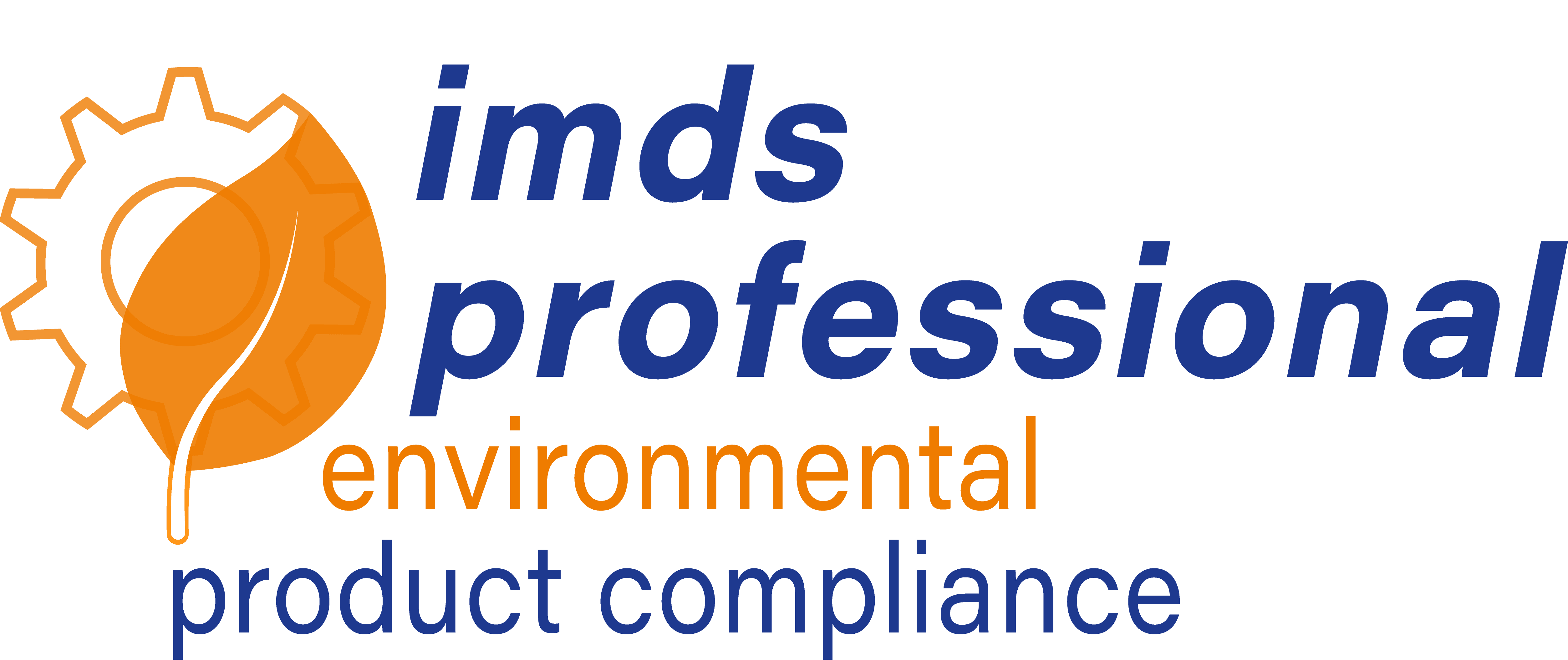Blog
CEPA
With the Federal Plastics Registry (FPR), Canada is taking a decisive step toward a more sustainable future. The goal: to create transparency across the entire lifecycle of plastics, enabling informed policy decisions and effectively combating plastic pollution.
The FPR is part of the Canadian government’s broader strategy to promote a circular economy, where plastics are treated not as waste but as valuable resources.
Timeline and Deadlines
- Phase 1 Reporting Deadline: September 29, 2025
Companies must report data for the 2024 calendar year by this date. - Phase 2 (starting in 2026): Expanded reporting requirements for additional product categories and resin types.
- Phase 3 (starting in 2027): Further expansion to include textiles, construction materials, fishing gear, and more waste categories.
Who Is Required to Report?
The FPR applies to companies that:
- Manufacture or import plastic resins
- Place plastic products or packaging on the market
- Generate plastic waste in industrial, commercial, or institutional settings
- Provide services for collecting, reusing, repairing, recycling, or disposing of plastics
Exemption: Small businesses that handle less than 1,000 kg of plastic per year are exempt from reporting.
What Needs to Be Reported?
In Phase 1, companies must provide data on:
- Plastic packaging (filled and unfilled)
- Electrical and electronic equipment (EEE)
- Single-use and disposable products
Reports must include:
- Quantity of plastic (in kg), broken down by resin type, source, and product category
- Origin of the plastics (manufactured, imported, distributed)
- Waste generated on operational sites
- Recovery and disposal methods (e.g., recycling, composting, incineration, landfill)
Support Tools for Businesses
To assist with reporting, the government provides:
- An online reporting platform for Phase 1
- A guidance document with definitions, calculation methods, and examples
- Templates and supplier letters to help with data collection – available in multiple languages
What Happens If You Don’t Report?
Companies that fail to report or submit inaccurate data may face penalties under the Canadian Environmental Protection Act (CEPA). Compliance is not only environmentally responsible but also legally required.
Looking Ahead: What’s Next?
With upcoming phases, the FPR will continue to expand and evolve. The ultimate goal is to build a complete picture of plastic flows in Canada – laying the foundation for an effective circular economy.
How can we help you?
Training courses on material compliance topics can be found here.
When it comes to material reporting, you can rely on our expertise and entrust us with all your tasks. Simply make an appointment for a free solution check.
